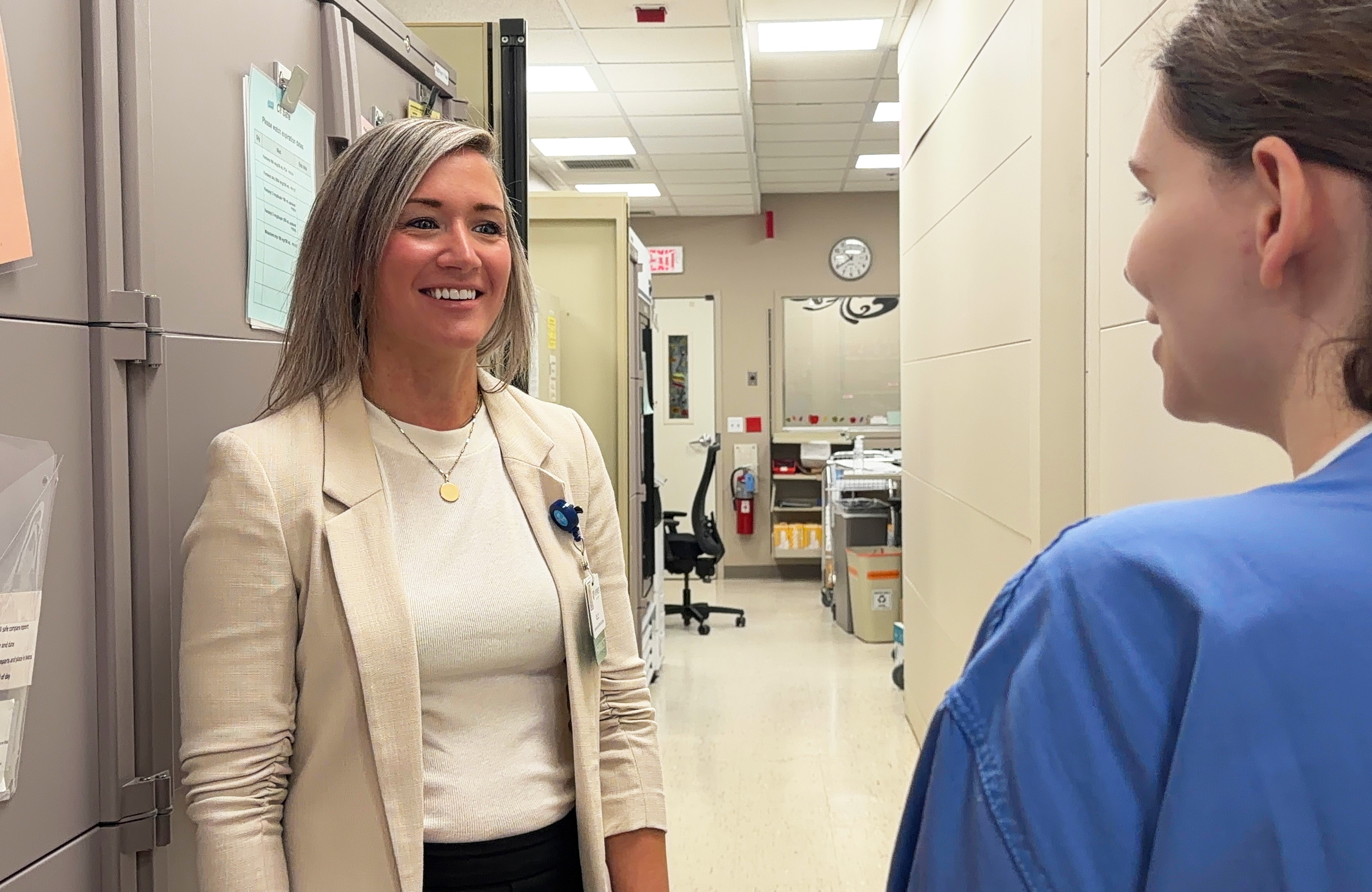When Antibiotics Help and When They Don’t
Five surprising facts about antibiotics and what Aspirus Health is doing to fight resistance.
11/17/2025

Kelly Zander, Aspirus Antimicrobial Stewardship Coordinator
Antibiotics are
among the most powerful tools in modern medicine, yet they are often used when
they aren’t needed. According to the Centers for Disease Control and Prevention
(CDC), at least one in three antibiotic prescriptions in the United States is unnecessary.
Misuse and overuse can lead to antibiotic resistance, making infections harder
to treat and putting lives at risk.
“Antibiotics are
very strong medications and absolutely essential. It’s all our responsibility
to use them appropriately,” said Kelly Zander, Antimicrobial Stewardship
Coordinator at Aspirus Health.
During U.S.
Antibiotic Awareness Week (November 18–24), Aspirus Health is encouraging
patients to understand when antibiotics are helpful, when they aren’t, and how
to use them safely to protect their effectiveness.
1. Antibiotics aren’t
always the answer
“Antibiotics
only work for bacterial infections. They don’t help with viral illnesses such
as colds, flu, or COVID-19,” said Zander.
Antibiotics
are appropriate for bacterial conditions such as urinary tract infections,
strep throat, and certain types of pneumonia. Taking them when they aren’t
needed will not help you recover faster and can lead to side effects and
increased antibiotic resistance.
2. Taking antibiotics
“just in case” can do more harm than good
When antibiotics are taken unnecessarily, they destroy the healthy bacteria
your body needs.
“This
increases your risk of side effects like diarrhea or rash and contributes to
antibiotic resistance in the community,” said Zander.
3. A single course can
affect gut health for months
Antibiotics kill both good and bad bacteria. This can disrupt your gut
microbiome for weeks or even months, which may affect digestion, immunity, and
overall well-being.
4. Antibiotic
resistance is a growing public health concern
Each
year in the United States, nearly three million antibiotic-resistant infections
occur, resulting in more than 35,000 deaths, according to the CDC. Without
improvements in how antibiotics are prescribed and taken, experts warn that
resistant infections could eventually cause as many global deaths as cancer.
5. Everyone has a role
in preserving the power of antibiotics
The
Aspirus Antimicrobial Stewardship Program ensures antibiotics are used only
when necessary and always in the right way. The program monitors prescribing
patterns, provides staff education, and supports best practices across all
Aspirus locations.
Patients
and community members also play an important role by taking antibiotics only as
prescribed, never sharing leftover medication, and helping prevent infections
through handwashing and staying up to date on vaccines.
Patients are
encouraged to talk with their Aspirus provider or pharmacist about when
antibiotics are appropriate and how to use them safely. Working together, we
can protect the effectiveness of these life-saving medications for generations
to come.

Back to all Posts